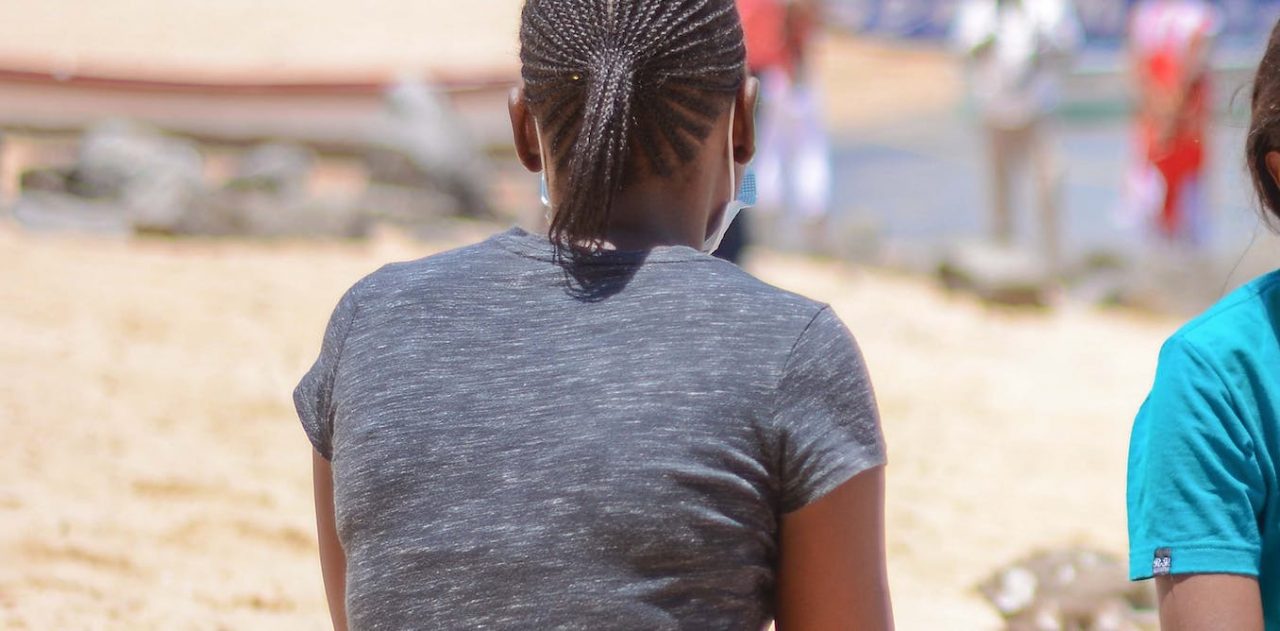Abortion in Kenya and Benin: medical safety isn’t enough – women and girls need to feel safe socially too

Safe abortion and post abortion care are essential health services. But until the publication of the 2022 World Health Organization (WHO) abortion care guidelines there was a narrow definition of abortion safety. In previous WHO guidelines, medical safety was the guiding principle of safe abortion. Safety, according the WHO, referred to abortion carried out using the recommended methods, by a person with the necessary skills or in an environment that conformed to minimal medical standards, or both.
However, research shows that many girls and young women do not search for medical safety when seeking abortion care. They prioritise “social safety”. This is the case regardless of whether they live in settings with restrictive or more liberal laws. Women’s priority is avoiding prosecution and social stigma.
Their need for secrecy is one of the reasons why women and girls continue to use unsafe methods for abortion.
The latest WHO guidelines have a more holistic approach. They move beyond the focus on medical safety towards promoting quality abortion care. These guidelines respect the right to non-discrimination and equal access to abortion services. But will this shift make a difference for girls and young women in rural areas or countries with restrictive abortion laws, where social safety remains a must?
Social safety goes beyond physical health. It includes women’s emotional and economic well-being, social status, reputation, and relationships. In the context of abortion, it means being able to find an affordable provider, conceal the abortion and be protected from law enforcers.
We conducted a study in Kenya and Benin to find out more about what makes girls and young women feel safe (or unsafe) when they want an abortion. In both study locations, the rate of unintended pregnancies and medically unsafe abortions is high. And abortion is socially frowned upon.
The study found that in these settings, social safety is only attained when the abortion is achieved discreetly.
Social safety
We carried out a six-month study in urban and rural settings in Kilifi County (Kenya) and Atlantique Department (Benin). We observed girls and young women recruited from health facilities and the surrounding communities. We also conducted informal and in-depth interviews.
Our study documented that women were aware of safe abortion methods such as medical abortion drugs and surgical abortion in health facilities.
But for women and girls who wanted an abortion, health facilities were not the first choice. This was because privacy was not guaranteed. The care was offered in the maternity or casualty ward, with no private spaces for the procedures. Also, women and girls feared being reported by providers or bumping into their neighbours at the facility. They also faced emotional or physical abuse from judgemental healthcare providers.
Instead, the girls and women in our study would start their abortion process by trying alternative methods that were locally available, inexpensive and used to treat other ailments. These include plant-based concoctions, and high dosages of anti malaria drugs, pain killers or antibiotics. This concealed their abortion – but only temporarily. Most of the cases would progress to complications needing urgent treatment or even resulting in death. In Benin, a study showed that close to half of the cases of women treated for post-abortion care were related to unsafe abortion complications. In Kenya, close to 30% of induced abortion ended in complications treated in health facilities.
Where the understanding of safety among abortion seekers conflicts with the public health definition, the solution can in some contexts be found in self-care.
Self-care for social safety
In recent years, and especially since the COVID-19 pandemic, the idea of self-care has come to the fore in public health. The WHO defines self-care as:
the ability of individuals, families and communities to promote health, prevent disease, maintain health, and to cope with illness and disability with or without the support of a healthcare provider.
Self-care for abortion includes being able to manage abortion on one’s own as much as one wants to. It includes obtaining access to information and medical abortion pills without prescription. It also involves the use of digital platforms to support access to and use of abortion pills.
Research has shown a self-care success rate of more than 93% in liberalised and high income countries.
Abortion self-care allows women and girls to be more discreet about obtaining an abortion and enhances their autonomy and control. In theory, then, self-care for abortion could offer social safety. It allows for discretion, and could avoid the interaction with unsympathetic providers, or the lack of privacy and risk of arrest in health settings.
In practice, however, it is very hard to imagine how it would reach poor and less educated women and girls who might not have their own mobile phone, let alone a smartphone or the internet or the money to make use of these devices.
Inequalities in digital access, gender, social class and literacy stand in the way of abortion self-care access for many poor girls and women. For them, abortion self-care is not yet the solution. Social safety around abortion might only be obtained through home-based abortion methods that may cause severe complications. Therefore, work on increasing the accessibility to safe abortion needs to continue.
One route is through investing in user-centred discreet abortion services, for example through health intermediaries. But there remains a need for addressing provider bias, community attitudes, and making law enforcers and authorities understand the existing laws better, and improving them where needed.
Our study findings showed that partners, relatives and community champions can also be intermediaries. Therefore, another avenue could be gender transformative interventions. These would involve male partners and other relatives in abortion self-care interventions. Men are often involved in pathways to abortion and often have better digital technology access. Provided they are well informed, they can support women in search of self-care.






